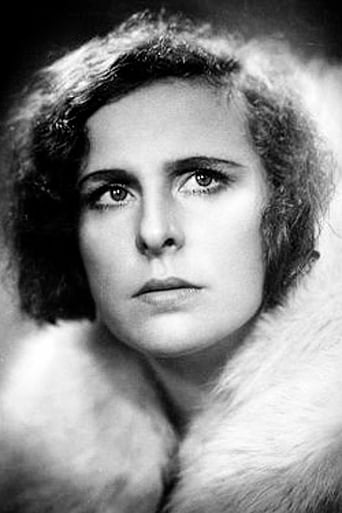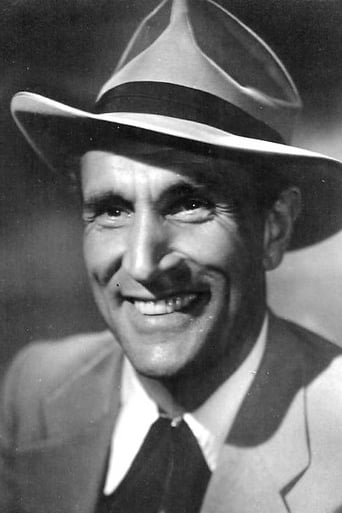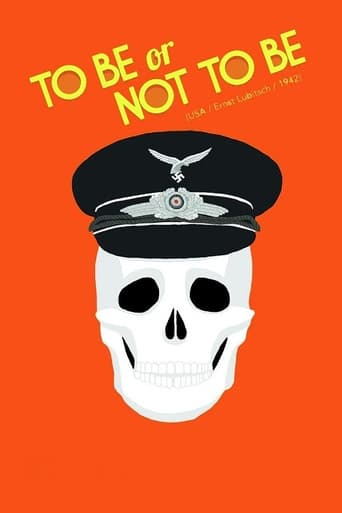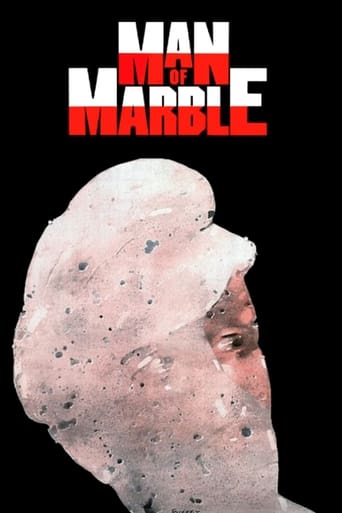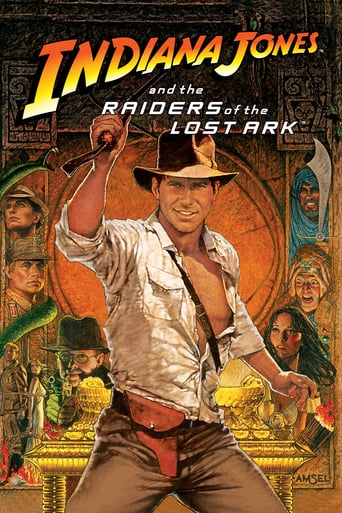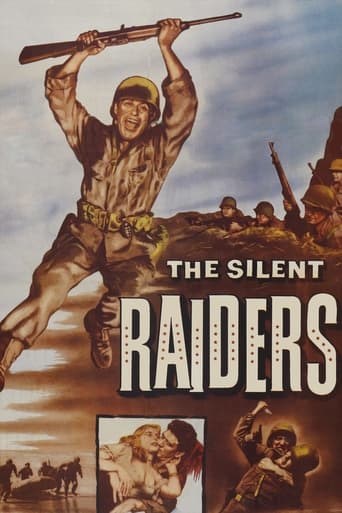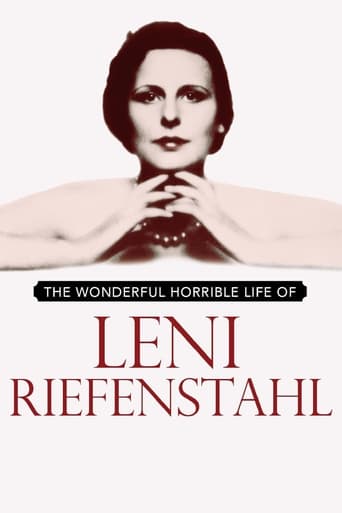
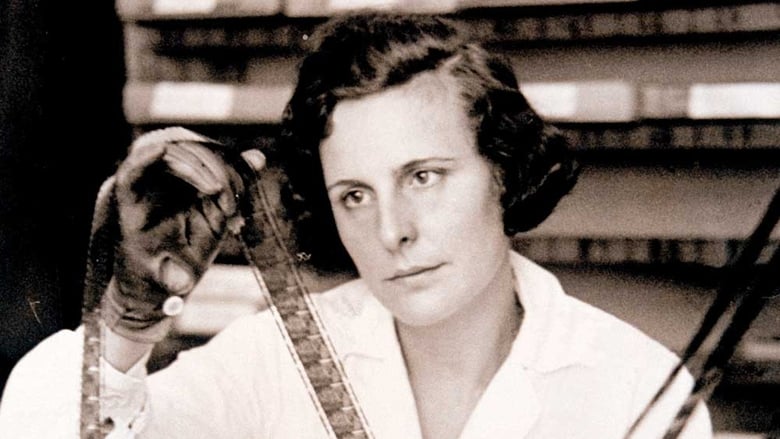
The Wonderful, Horrible Life of Leni Riefenstahl (1993)
This documentary recounts the life and work of one of most famous, and yet reviled, German film directors in history, Leni Riefenstahl. The film recounts the rise of her career from a dancer, to a movie actor to the most important film director in Nazi Germany who directed such famous propaganda films as Triumph of the Will and Olympiad. The film also explores her later activities after Nazi Germany's defeat in 1945 and her disgrace for being so associated with it which includes her amazingly active life over the age of 90.
Watch Trailer
Cast
Similar titles
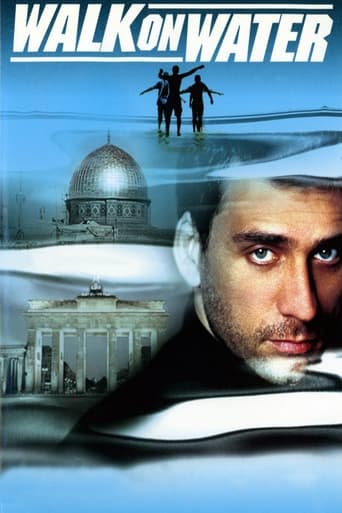
Reviews
Too much of everything
That was an excellent one.
It is a performances centric movie
Boring
The real benefit of this documentary is bringing some great works of Leni Riefenstahl back into circulation and thought. For years, as well as with with the makers of this documentary to some extent, the purpose of any interview with Riefenstahl was to trap her into her personal affairs with top-ranking Nazi officials, being Hitler's mistress and so on when in fact she wasn't even a card-carrying member of the Party. She spent much of her life in courts disputing her connections and she won all of the many cases against her. The assertion that she had been in contact with Goebbels after their dispute is both nit-picking and rather low. She remained German to the very end and not, as too many people assume, Nazi. There is a distinction - please! What counts above all else is her extraordinary talent for making great documentaries. They were well presented here with no extraneous opinions and for that, this is a very good film.Curtis Stotlar
Although this remarkable documentary is usually known in the English-speaking world as "The Wonderful, Horrible Life of Leni Riefenstahl," the German title (in translation) is "The Power of Images: Leni Riefenstahl." The difference is not merely one of semantics - Ray Muller's biopic of the woman best remembered as "Hitler's favorite filmmaker" goes beyond its subject to raise profound questions about the deepest effects of art and the visual image on history and human consciousness. Leni Riefenstahl's 1930s films - the NASDAP films "Victory of the Faith," "Triumph of the Will," the little-known (and long-thought-lost) "Day of Freedom: Armed Forces," and "Olympia" simultaneously broke new ground in the development of cinematic form, made her the first internationally-celebrated female director, and created an image of National Socialist Germany so powerful and compelling that to this very day, images from Riefenstahl's work are routinely stolen and used to symbolize the Nazi period in literally hundreds of television programs (just watch anything on the History Channel!), usually without any credit to her. Indeed, as Mueller points out, it was Riefenstahl whose work transformed a ragtag, motley band of German politicians and soldiers into awesome figures of terrible strength and force - as Muller notes, "She made the Nazis look like Nazis." Already one of the most famous women in Europe long before she started working for Hitler, Leni Riefenstahl was a legend in her own time and is still the best-known female director in history, despite the fact that she made only one major film after 1938. This documentary artfully mixes period footage, extended clips from Riefenstahl's films, and interviews with the director and her associates, including cameramen who worked with her and her longtime companion (who was 40-plus years younger than his famous lover!). Proceeding in chronological order, Muller's film covers every aspect of this amazing woman's life, from her early days as a dancer in the mode of Isadora Duncan and Ruth St. Denis, to her ground-breaking and technically stunning "Mountain Films" where she was usually cast as a lovely daredevil, to her later work as a photographer in the Sudan and in the deepest ocean.It is impossible to watch this film and be unimpressed with Frau Riefenstahl's talent, drive, and sheer force of personality - one can hardly believe one's eyes when one watches this tiny, wizened ancient bellowing orders at the director and literally shaking him senseless (a man a quarter her age and half her size!) when he has the temerity to disagree with her suggestions on how she should be photographed. It is also impossible not to be disgusted by Frau Riefenstahl's complete self-involvement and her total refusal to consider that the content of her work might have a political component beyond her original intent.Riefenstahl is a rare example of a female aesthete - a woman whose whole life was governed by a vision of ideal beauty. Beauty, however, is not a democratic phenomenon, and this is where Riefenstahl's life and career begin to raise some very dark and troubling issues for those of us who like to tell ourselves that art is always a force for good. To the end of his days, Hitler saw himself first and foremost as an artist - an individual who uses their powers of perception to shape a new reality. For both Riefenstahl and Hitler, the art of ancient Greece and Rome represented the pinnacle of human physical capacity and offered a vision of perfect beauty beyond time and space, a vision which Hitler was determined to transform into reality, using the "Aryan" German people as his raw material. A single shot in "Olympia" makes this notion quite clear - the famous lap-dissolve between the white marble of Myron's celebrated "Diskobolos" and the living, moving body of an Olympic athlete hurling his discus into space. Connoisseurs of art will know that the pose of Myron's statue is in fact anatomically impossible to assume (try it yourself), but Riefenstahl's evil genius and simplistic mind equated physical reality with the principles of classical art, itself almost always ideal rather than real. Our own society over the past few decades seems to have succumbed to a kind of thinking which - like Riefenstahl, Hitler and the Ancient Greeks - equates physical beauty with moral virtue and ultimate truth. No wonder Riefenstahl's visual style and photographic skills are copied again and again by sports shows and commercials - all of which are usually selling a product to a viewer by appealing to our vanity and desire to be "perfect" - and thus loved and adored. This is why Leni Riefenstahl's work is so dangerous - consider the suffering generated in our own society by the obsession so many of us seem to have with being "beautiful" and "perfect." In a world where plastic surgery is now a multi-billion dollar business and millions of people seem to have no other ambition than maximizing their physical attractiveness, shouldn't we be asking ourselves some very serious questions about our own aesthetic ideals and their consequences, given the fact that the cult of beauty and perfection in our age seems to result so often in death and pain? Ray Muller's film is one of the few works of art in our time to raise these questions seriously. Whatever you may think of Riefenstahl and her art, the fact remains that her life and career are more relevant than ever. "The Power of Images" indeed.
She was first and foremost a visual artist. What comes across here is her being duped, along with so many Germans, by the aim of the Nazi party.Her two most famous documentaries were made under the delusion that the prevailing party had a worth mission. This documentary helps to explain this perspective from Riefenstahl's eyes.Her true awakening came toward the end of the war, when she saw Hitler not visiting bombed out cities to witness the devastation. The final blow was her visiting the concentration camps and seeing the horror there.This documentary shows many shots of Leni sharing things from her perspective, and denouncing the Nazi regime.It goes on to show her film work during the war, followed first by her African trip to Nubian tribes, then to her fascinating under water film work. In all cases, her interest comes across as artistic and apolitical.This is a most informative documentary on one of cinema's most controversial figures.
This is an excellent biography of one of the most influential filmmakers in history. It not only gives a comprehensive overview of her body of work but reveals many of innovative techniques she pioneered. Her accomplishments are all the more impressive when one considers the role of women in her heyday.However, the most interesting aspect of this film for me is how this intelligent woman (still lucid in her 90's) deals with queries about her political involvement during the National Socialist period in Germany.
